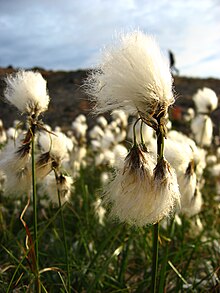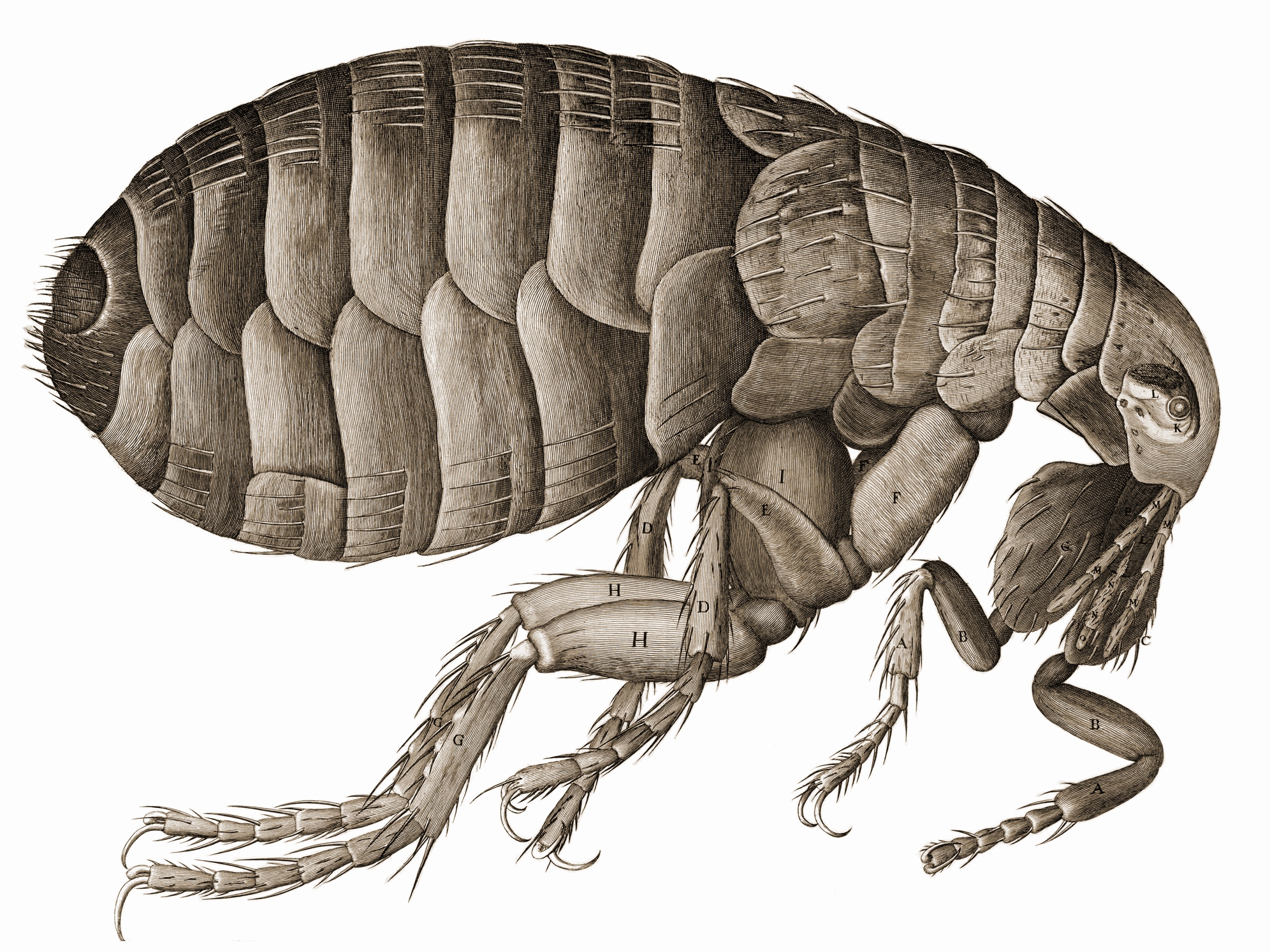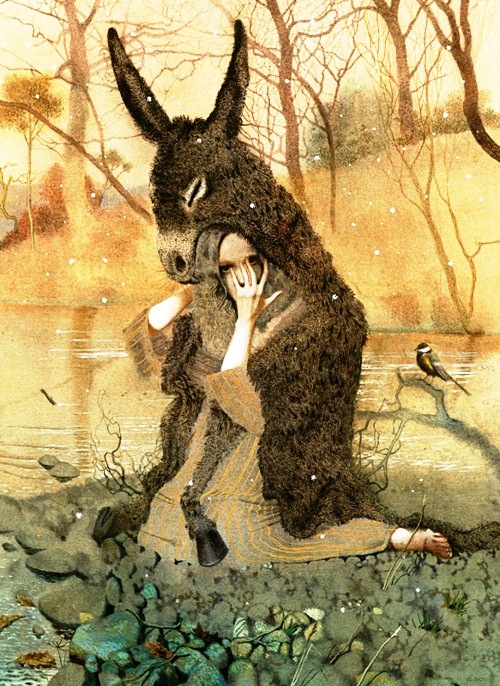Hello and welcome to Fairy Tale Friday.
Are you sitting comfortably? Good. Then I’ll begin.
This week we look
at a tale from Scotland called The King Who Wished to Marry His Daughter. It
was collected by John Francis Campbell in his Popular Tales of the West Highlands:
Orally Collected,
vol. 1, published in 1860.
JF Campbell (also known
as Young John of Islay or Iain Òg Ìle in Scots Gaelic) was a renowned
Scottish author and scholar who was an authority on Celtic folklore. He travelled
all through the Scottish Highlands with
a group of scribes collecting the tales, ballads, songs and charms of the West
Highland people. His source for this tale was listed as Ann Darroch of Islay.
Extra
bit of trivia:
He also invented the meteorological sunshine recorder called a thermograph called
the Campbell-Stokes recorder.
This tale does not
begin as many others have with the dying wife causing her daughter’s
predicament by making her husband promise not to marry anyone who did not fit
her ring/look as beautiful as she did/be as kind and wise. This father takes it
into his head to only marry a woman who can fill out his dead wife’s clothes. I
am not sure he ever shared this fact with his daughter, otherwise she might not
have innocently been playing dress up and gone to show her father how well it
fitted. But her certainly notices how she looks. The story says: It was fitting
her well, which has a rather creepy vibe to it.
In many of these
tales our young heroine has a confidant (magical or not) who gives her advice
on how to avoid this disastrous union. In this tale she goes to see her muime.
The story defines this word as foster mother, but it can also be
translated as nurse, step-mother, godmother or midwife. Her muime
advises her to ask for a gown of swan’s down and then a gown of moorland canach
(which grows in acidic soil and is called bog cotton because of the cotton like
tufty heads it has.) Then she asks for gown of silk that will stand on the
ground with gold and silver and a golden shoe and a silver shoe. Lastly a chest
that can lock from within. She tricks her father into putting the chest out to
sea with her inside and she floats away to her destiny.
It then goes on as
you would expect. Thankfully the prince is not abusive like he is in some of
these tales, but his mother is. Our humble heroine asks to try on the shoe and
the Queen refuses saying "Thou! thou ugly dirty thing, that it should
fit thee." Luckily her son persuades her to let our unnamed heroine
try it on and the shoe jumps onto her foot. The rest, as they say, is history.
 |
| Bog Cotton source |
The King Who Wished to Marry His
Daughter source
There was a king before now, and he
married, and he had but one daughter. When his wife departed, he would marry
none but one whom her clothes would fit. His daughter one day tried her
mother's dress on, and she came and she let her father see how it fitted her.
It was fitting her well. When her father saw her, he would marry no woman but
her.
She went crying where her muime was; and
her foster mother said to her, "What was the matter with her?"
She said, "that her father was
insisting that he would marry her."
Her muime told her to say to him,
"that she would not marry him till he should get her a gown of the swan's
down."
He went, and at the end of a day and a
year he came, and the gown with him.
She went again to take the counsel of her
muime. "Say to him," said her muime, "that thou wilt not marry
him till he gets thee a gown of the moorland canach."
She said this to him. He went, and at the
end of a day and year he returned, and a gown of the moorland canach with him.
"Say now to him," said her
muime, "that thou wilt not marry him till he brings thee a gown of silk
that will stand on the ground with gold and silver."
At the end of a day and year he returned
with the gown.
"Say to him now," said her
muime, "that thou wilt not marry him till he brings thee a golden shoe,
and a silver shoe."
He got her a golden shoe and a silver
shoe.
"Say to him now," said her
muime, "that thou wilt not marry him unless he brings thee a kist that
will lock without and within, and for which it is all the same to be on sea or
on land."
When she got the kist, she folded the best
of her mother's clothes, and of her own clothes in it. Then she went herself
into the kist, and she asked her father to put it out on the sea to try how it
would swim. Her father put it out; when it was put out, it was going, and
going, till it went out of sight.
It went on shore on the other side; and a
herd came where it was, intending to break it, in hopes that there were
findings in the chest.
When he was going to break it she called
out, "Do not so, but say to thy father to come here, and he will get that
which will better him for life."
His father came, and he took her with him
to his own house. It was with a king that he was herd, and the king's house was
near him.
"If I could get," said she,
"leave to go to service to this great house yonder."
"They want none," said the herd,
"unless they want one under the hand of the cook."
The herd went to speak for her, and she
went as a servant maid under the hand of the cook.
When the rest were going to the sermon;
and when they asked her if she was going to it, she said, "that she was
not; that she had a little bread to bake, and that she could not go to
it."
When they went away, she took herself to
the herd's house, and she put on a gown of the down of the swan. She went to
the sermon, and she sat opposite the king's son. The king's son took love for
her.
She went a while before the sermon skailed, she reached the herd's house,
she changed her clothes, and she was in before them. When the rest came home,
it was talking about the gentlewoman that was at the sermon they were.
The next Sunday they said to her,
"Was she going to the sermon?" and she said, "that she was not,
that she had a little bread to bake."
When they went away, she reached the
herd's house, and she put on a gown of the moorland canach; and she went to the
sermon. The king's son was seated where she was the Sunday before, and she sat
opposite to him. She came out before them, and she changed, and she was at the
house before them; and when the rest came home, it was talking about the great
gentlewoman that was at the sermon they were.
The third Sunday, they said to her,
"Was she going to the sermon?" and she said, "that she was not,
that she had a little bread to bake."
When they went away, she reached the
herd's house. She put on the gown that would stand on the ground with gold and
silver, and the golden shoe and the silver shoe, and she went to the sermon.
The king's son was seated where she was the Sunday before, and she sat where he
was. A watch was set on the doors this Sunday. She arose, she saw a cranny, and
she jumped out at the cranny; but they kept hold of one of the shoes.
The king's son said, "Whomsoever that
shoe would fit, she it was that he would marry."
Many were trying the shoe on and taking
off their toes and heels to try if it would fit them; but there were none whom
the shoe would fit.
There was a little bird in the top of a
tree, always saying as everyone was trying on the shoe, "Beeg beeg ha nan
doot a heeg ach don tjay veeg a ha fo laiv a hawchkare." -- Wee wee, it
comes not on thee; but on the wee one under the hand of the cook.
When he could get none whom the shoe would
fit, the king's son lay down, and his mother went to the kitchen to talk over
the matter.
"Won't you let me see the shoe?"
said she. "I will not do it any harm at all events."
"Thou! thou ugly dirty thing, that it
should fit thee." She went down, and she told this to her son.
"Is it not known," said he,
"that it won't fit her at all events? And can't you give it her to please
her?"
As soon as the shoe went on the floor, the
shoe jumped on her foot.
"What will you give me," said
she, " to let you see the other one?" She reached the herd's house,
and she put on the shoes, and the dress that would stand on the floor with gold
and silver. When she returned, there was but to send word for a minister, and
she herself and the king's son married.
Stay tuned next week for the tale of Margery White
Coats.







